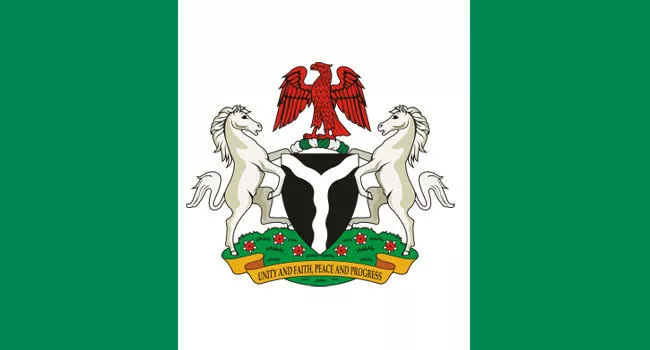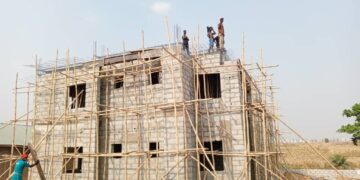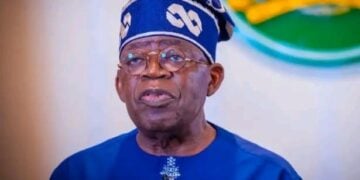Except there is a change in plans, the federal government has concluded on a list of national assets and organisations to be listed in the capital market to raise revenue to partly finance the 2024 national budget.
Top on the market list of the federal government are: Eleme Petrochemicals Company Limited, Nigeria Reinsurance Corporation, National Insurance Corporation of Nigeria (NICON Insurance), and Nigerian Machin Tools in Oshogbo, LEADERSHIP has reliably gathered.
Plans have been concluded to list the assets in the capital market within the first three months of 2024 as part of the government’s special purpose investment vehicle in line with its economic liberalization principle.
The government expects to generate N298.4 billion in income from the planned sale of some national assets under the 2024 national budget, a revenue target the director-general of the Bureau of Public Enterprises (BPE) says would be surpassed. “We will exceed the target,” the DG said on Monday shortly after the inauguration of the National Council on Privatisation in Abuja.
Okoh said the idea is to allow private investors to co-own the assets while also raising revenue for the government aside from the expected job and wealth creation.
The assets which were privatized in 2005 have been mismanaged by the private investors. Okoh had lamented the decay at the NICON Insurance, one of the bad cases of privatisation in Nigeria. Like some other privatized assets, the asset was grossly mismanaged.
Managing director of Ministry of Finance Incorporated (MOFI), Dr Armstrong Takang had disclosed the government’s readiness to identify, revive, and list the moribund government assets on the stock exchanges in the country for enhanced economic growth.
The BPE boss believes that the government should tap into the economic potentials of the private sector which he said can play a dominant role in the ‘Renewed Hope Agenda’ of the current administration.
He expressed excitement that President Bola Tinubu is already engaging foreign investors for opportunities in Nigeria. “For us, it’s the way to go. We can’t borrow ourselves out,” he said, stressing that the government would have to rely less on borrowing.
Okoh said the present administration is determined to wrestle the economy from the inefficiency and bureaucracy of government.
He said the message of economic liberalisation is resonating more with the current administration than the previous one. “The ideology of privatization is making more sense with the current administration as exemplified by the President’s recent travels in search for private investments. We believe in the principle of economic liberalisation,” the BPE DG said.
Nigeria is constrained to provide the needed infrastructure. Currently, Nigeria’s infrastructure is low, but the economy is big. The hope is that the government would be able to raise more revenue through private-sector financing to finance the huge deficit in the national budget.











